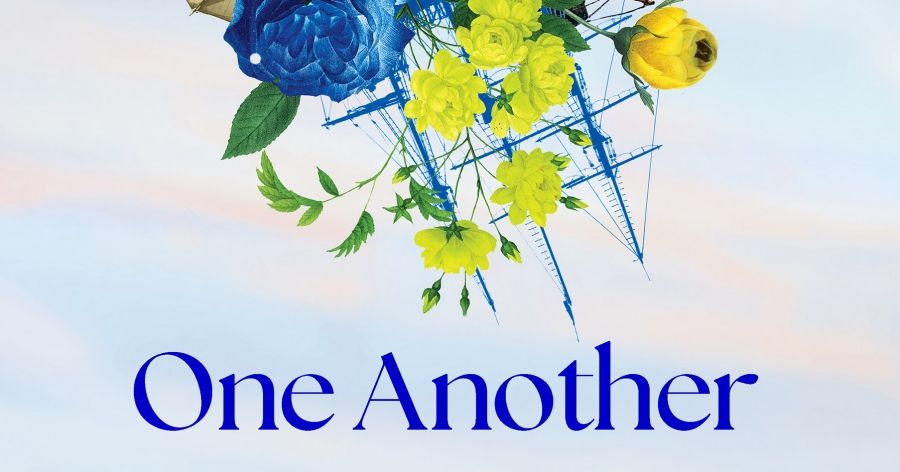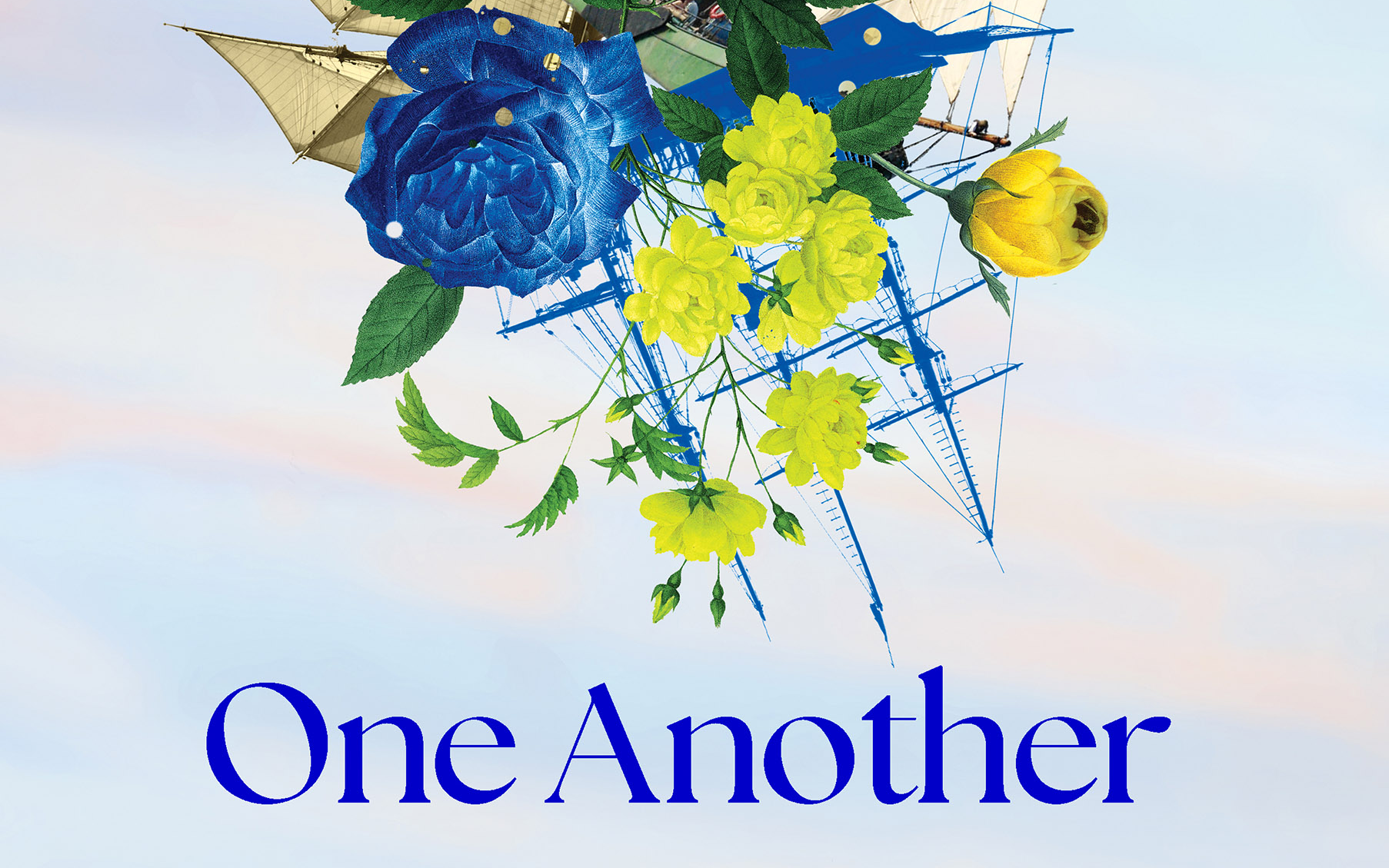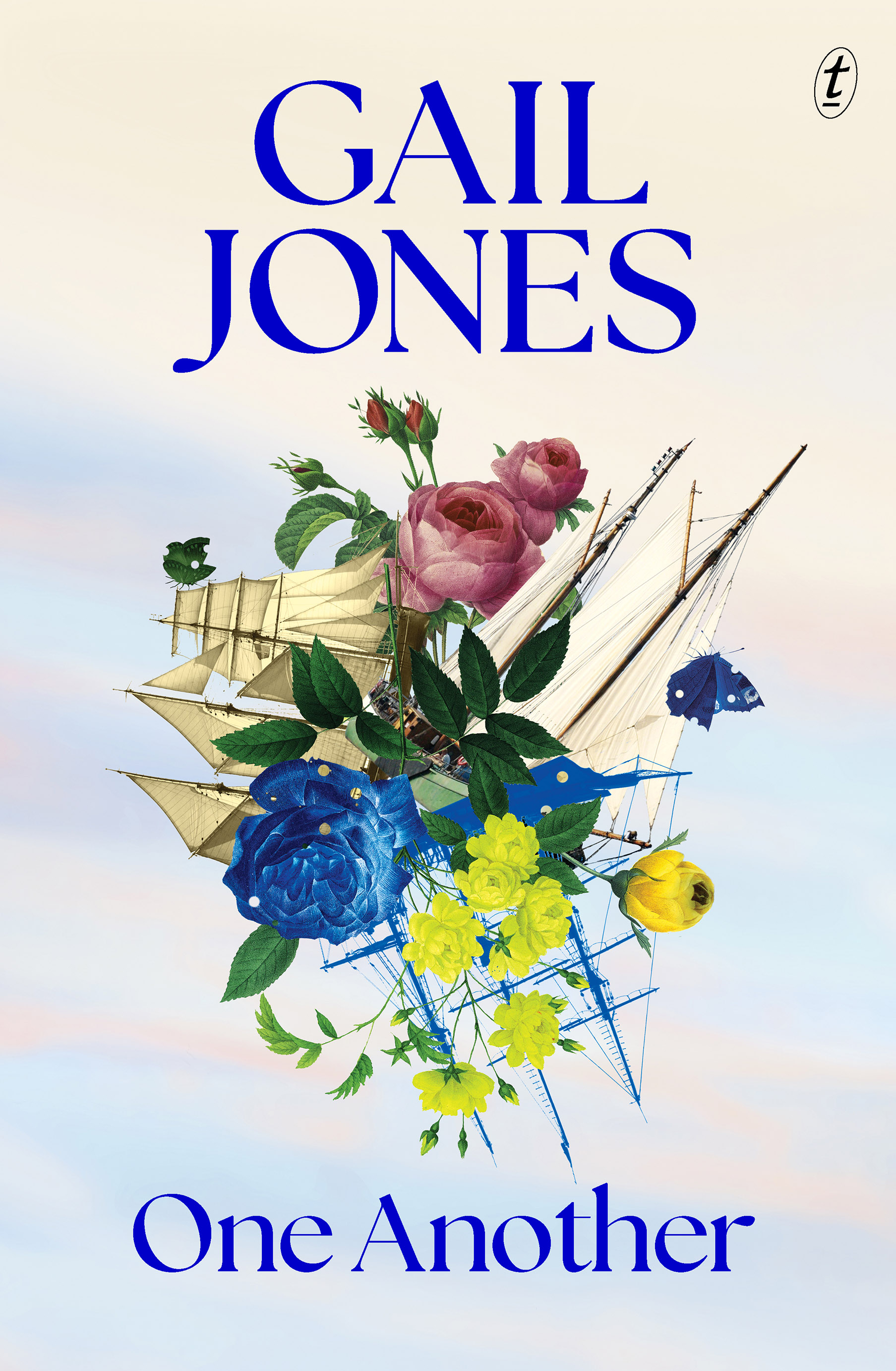
- Free Article: No
- Contents Category: Fiction
- Review Article: Yes
- Article Title: Fiction’s otherness
- Article Subtitle: Conjuring Joseph Conrad
- Online Only: No
- Custom Highlight Text:
It is 1992, the year of the Mabo judgment, and Helen, a scholarship student from Tasmania, is undertaking a PhD at Cambridge, writing a thesis titled ‘Cryptomodernism and Empire’. It is on Joseph Conrad, a writer about whom her peers are contemptuous. Helen is dealing with a forlorn and dismissive supervisor, and the disappointment that her experience abroad was not what she had expected. Her ‘fantasy of vigorous literary talk, multisyllabic and theoretical, was soon defeated’.
- Featured Image (400px * 250px):

- Alt Tag (Featured Image): Maggie Nolan reviews ‘One Another’ by Gail Jones
- Book 1 Title: One Another
- Book 1 Biblio: Text Publishing, $34.99 pb, 220 pp
- Book 1 Cover Small (400 x 600):

- Book 1 Cover (800 x 1200):

Helen has also been writing what she thinks of as an ‘anti-thesis’, a para-literary text on the life and works of Joseph Conrad. When she accidentally leaves the manuscript on a train, it becomes ‘a torment of missing’. The lost work – ‘not a serious manuscript, not a true biography, but fragments of literary-critical notations’ – haunts the novel, as do the ‘ghosts’ she fears might have stolen it.
The figure of Conrad haunts the novel too. Indeed, it opens with a young Conrad’s recurring nightmare, following the death of his mother and then father, ‘the unquiet dead’. The grief-stricken orphan ‘wants to flee. By temperament, he cannot bear too much reality’.
Throughout the novel, we glimpse fragments of the index cards from which the lost manuscript was derived – ships Conrad serves on, countries he visits (including Australia), illnesses he suffers – all in vivid present tense.
Helen has been ‘conjuring’ Conrad since discovering his work as a teenager. ‘She pretended she knew him intimately, as if from the inside.’ She understands this as ‘nothing so crass’ as identification, but rather a ‘flow into fiction’s otherness that welcomed and accommodated her’.
Imagining the lives of characters was like imagining friends, those affectionate speculations, the sense of wishing to share their feelings and witness their experiences. And at times almost a delusion, when she wept at the end of a book for a person made up only of words.
During her time at Cambridge, Helen meets Justin, a fellow Australian studying abroad. Although she ‘saw his insecurity, intuited the range of his faults’, Helen ignores her instincts – and Justin’s increasingly menacing behaviour – and they bond through the experience of shared dislocation.
Towards the end of her second year at Cambridge, Helen’s father dies unexpectedly, ‘a chess piece clasped in his dangling hand’, and she returns to Tasmania for the funeral. When Helen and her father played chess, they ‘slipped into another world, in secret, and found different rules there. It was like reading somehow; like the slippage into a good book.’
Encouraged by her impassive Anglophile mother to return to Cambridge, she feels lost and withdraws from her candidature, her friends incredulous that she would give it up. The perilous nature of her relationship with Justin becomes clear. At the same time, Conrad’s visitations escalate, and Helen’s evocative imaginings of his life and work increasingly dominate the novel.
In One Another, we come to know Helen’s preferences and imaginings, but it’s clear that Helen doesn’t really know herself and struggles to articulate her motivations and influences. The reader has more insight into what pulls her than she does, not in a knowing or sly way, but with compassion for the complexity of the historical forces that determine the trajectory of a life; from the familial world we inherit, to the sweeping global enterprise of European imperialism – which has shaped Helen’s life, as surely as it did Conrad’s.
The markers of modernity – trains, cinema, photography – pervade the novel, and empire and its trappings are keenly observed, and felt, in both Helen’s and Conrad’s time: through Helen’s mother’s attachment to England: the fetishisation of tea (‘the lubrication of the British Commonwealth’); the obsession with royalty and cricket; even the ebony and ivory of her father’s chess set – ‘Mid-Victorian. Belonged to our great-grandfather. Probably worth something,’ says Helen’s brother on claiming it. And, of course, there is Cambridge University itself.
Jones is, as always, attentive to the ways in which the stories we tell about these historical forces shape our experiences as profoundly as the reality from which they arise. How can Helen know the dates of English monarchs, but not about the Chartists transported as convicts to Australia – especially given her family’s new-found pride in their convict heritage?
This is Jones’s eleventh novel, and her readers will be familiar with her preoccupations: the nature of grief and the haunting mystery of inheritance; the generative power of reading and writing (although in this novel, the metaphor of magic is employed, to great effect); the imaginative possibilities of stories – how they connect us across time and space, but also delude us; the unpredictable process of meaning-making; the strangeness of what we call time. Jones returns to the trope. And the rhythms, of the ocean, which enables us to escape as much as to connect and colonise.
As in all Jones’s work, the lyricism and precision of the writing rewards patient reading. This is her most beautifully paced novel; her weaving of its narrative threads and thematic concerns is at its most seamless. There is barely a jarring note, and each strand of this story illuminates others as it unfolds. This is a very literary novel, and I wonder if Helen’s assessment of her lost manuscript – that it is ‘too fanciful for the scholar, too scholarly for the general reader’ – is a sentiment that Jones shares about her own writing. As both a scholar and general reader, I think this eloquent and profound novel gets the balance just right.


Comments powered by CComment